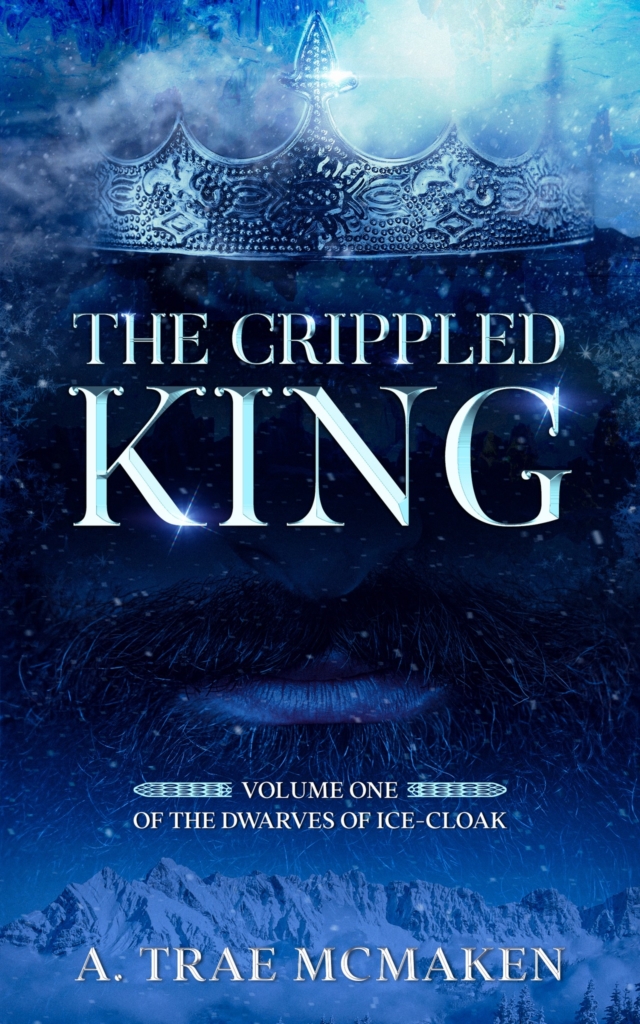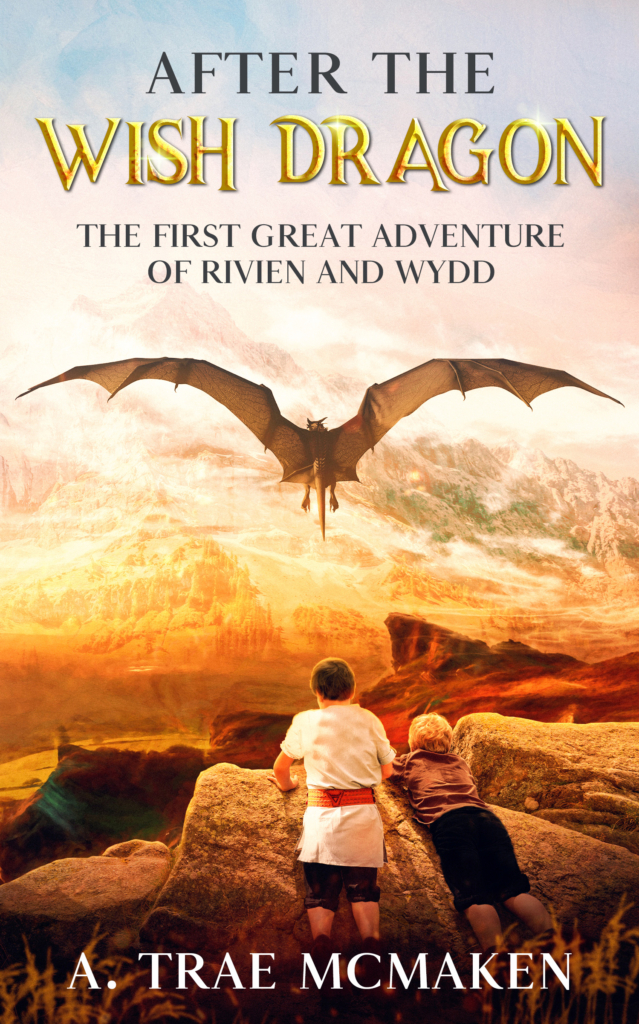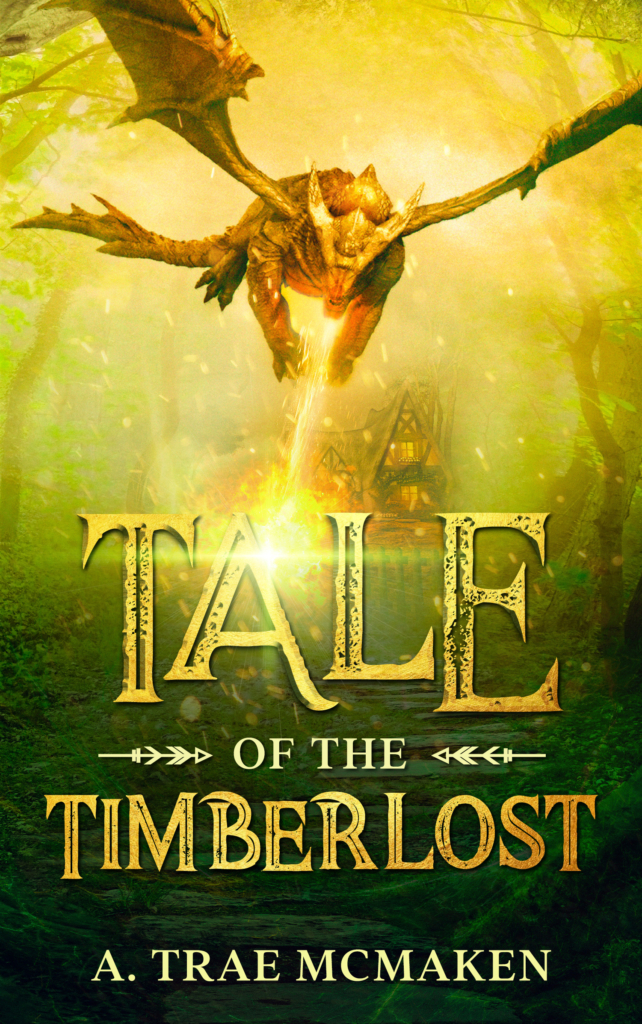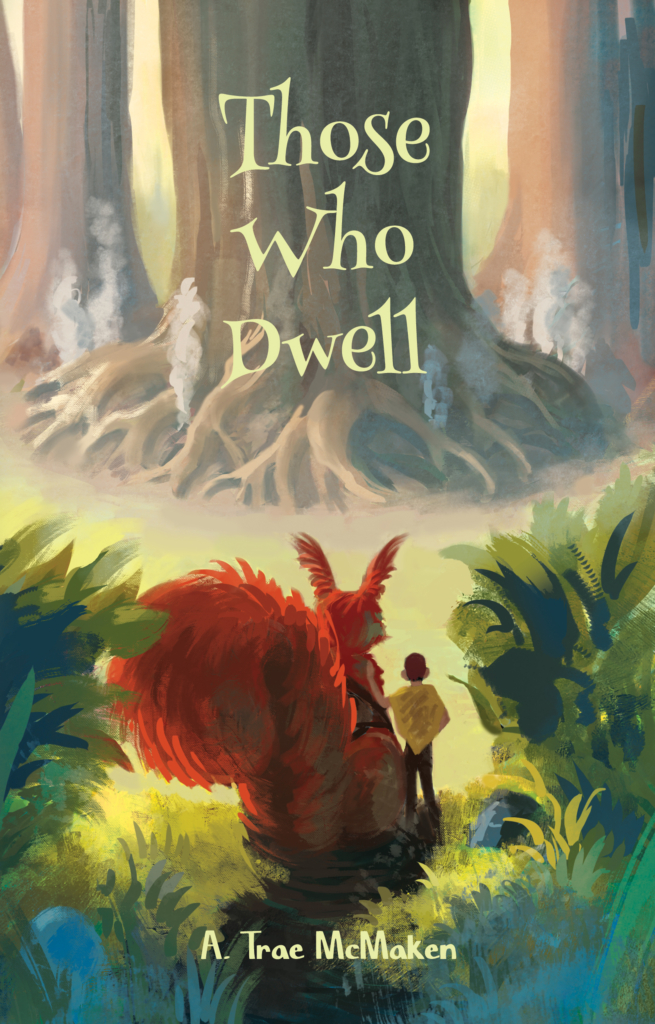Yeah, I remember that about Alexander. And I'll have to look for the letters. I'll have to do some digging - you know how things get moved around.
As for a blog....yeah, I'd like that. Never had the gumption to do it on my own. It would be nice to have it.
As for a blog....yeah, I'd like that. Never had the gumption to do it on my own. It would be nice to have it.





